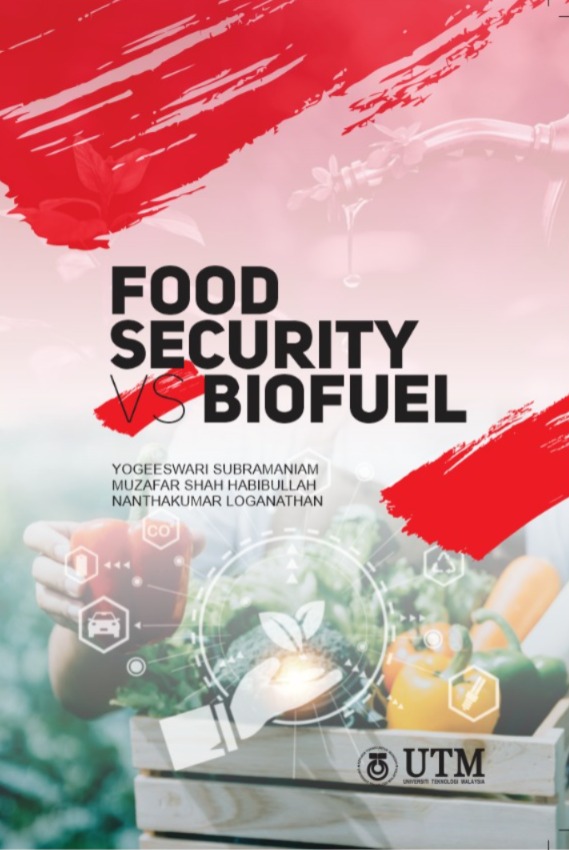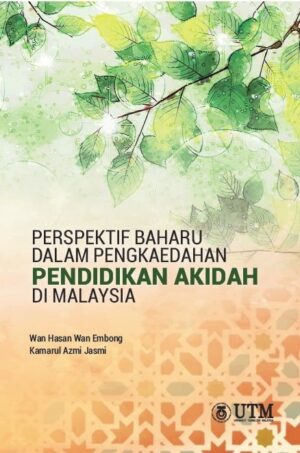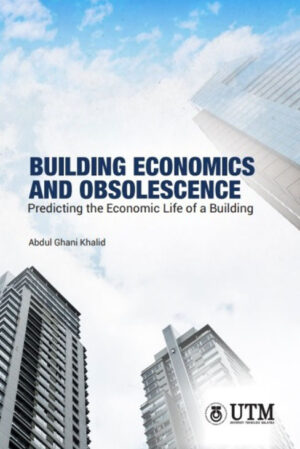Description
“Feeding the Future: Biofuels, Remittances, and Food Security” addresses one of the most significant and complex issues of our time: the relationship between biofuel production, remittances, and food security. As the world grapples with ensuring adequate food supplies while transitioning to sustainable energy sources, understanding this intricate nexus becomes increasingly crucial. This book provides a comprehensive analysis of how biofuel production and remittances impact food security dimensions such as availability, access, stability, and utilization.
The book delves into both theoretical models and empirical data, considering economic and environmental factors that influence these outcomes. By examining the “food versus fuel” debate, the book offers a balanced perspective on the benefits and drawbacks of biofuel production, exploring its implications for global hunger, agricultural practices, and environmental sustainability. Additionally, it investigates the role of remittances in enhancing food security, providing insights into how financial flows from abroad can affect household food security in developing nations.
The authors present a detailed exploration of biofuel production techniques, the environmental quality nexus, and policy considerations, alongside an analysis of remittances’ impact on food security. This dual focus offers valuable insights for scholars, policymakers, and the international community. Ultimately, the book aims to guide strategies that harmonize the goals of sustainable energy and food security, presenting prospects for future research and practical interventions.
This book is targeted at scholars, researchers, and students in the fields of environmental science, economics, and international development. It is also invaluable for policymakers, non-governmental organizations, and international agencies working on issues related to sustainable energy, food security, and economic development. The insights and strategies discussed will benefit anyone interested in understanding and addressing the complex interactions between biofuel production, remittances, and food security.





